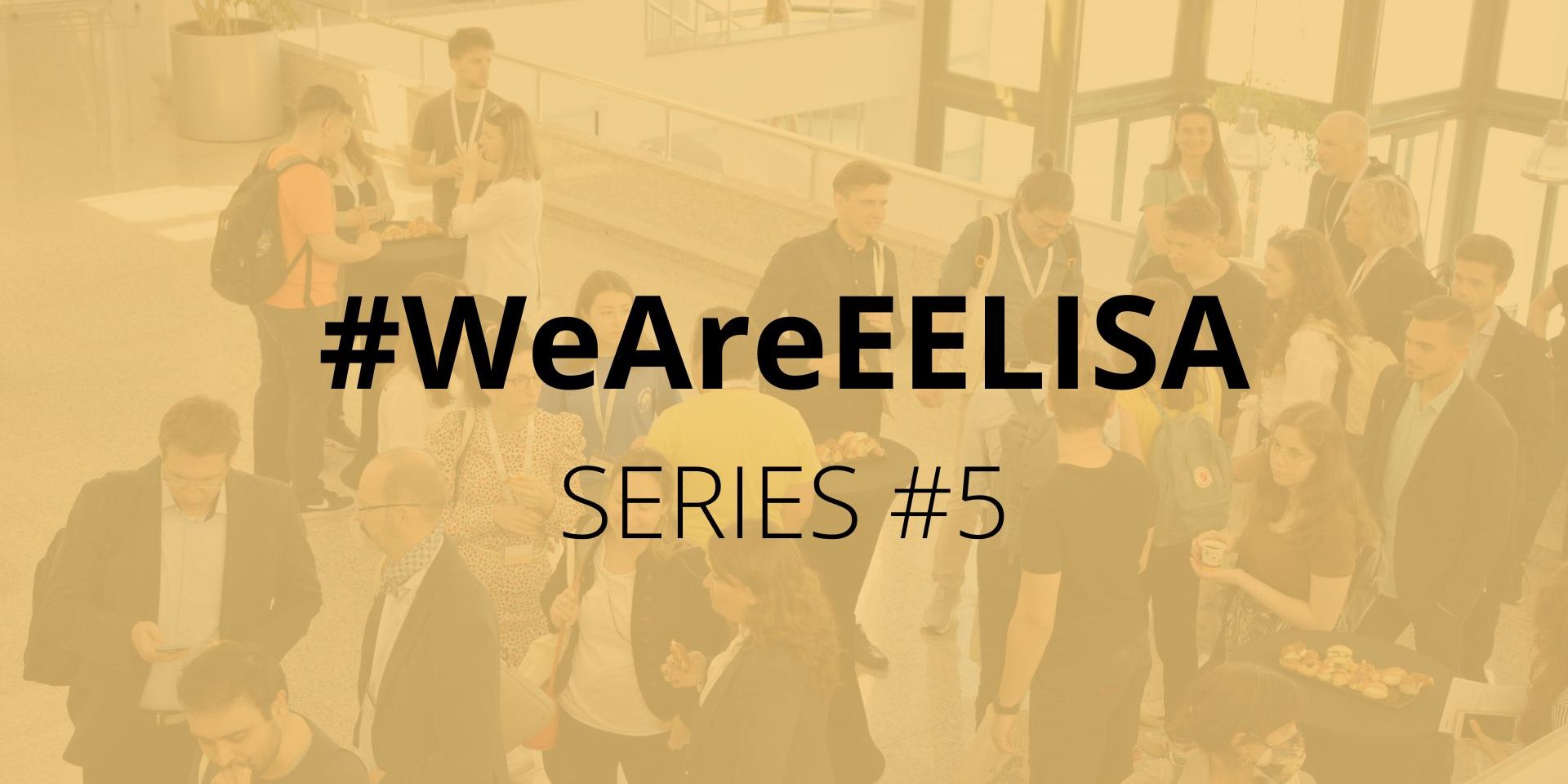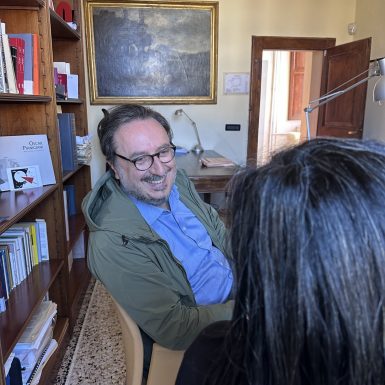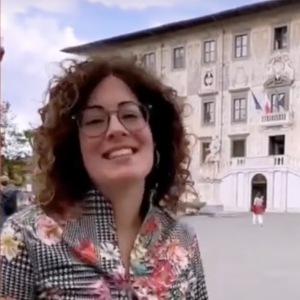Welcome to the fifth episode of #WeAreEELISA, a campaign that aims to shed light on the EELISA microcosm. Through interviews with pivotal figures from each organization and campus video tours led by students, we offer you a closer view of the heart of our alliance.
In this episode, we embark on an extraordinary journey with Pasqualantonio Pingue, who will be giving us an insider’s view of the Scuola Normale Superiore in Pisa, Italy.
Let’s dive in!
#WeAreEELISA Episode 5
Interviewee’s name: Pasqualantonio Pingue
University: Scuola Normale Superiore
Profession: Research & Innovation Area Manager and Chief Operating Officer at NEST, the nanoscience laboratory of SNS
Role within EELISA: SNS representative in EELISA Unfolds & InnoCORE (projects dealing with research, innovation and entrepreneurship)
Q. Your university is a member of EELISA. Can you briefly introduce your university to us?
A. Founded by Napoleon in 1810 as a twin sister of the École Normale Supérieure in Paris, the Scuola Normale Superiore is a university institute of higher education, research and high-level training with a special status. The Normale promotes culture, teaching and research in the disciplines of the Humanities, mathematics, and natural and social sciences, and the exploration of their interconnections.
Since 1810, the SNS has had around 6000 alumni: scientists, teachers, leading personalities in the fields of research, culture, and in social and civil life, managers, politicians, economists, Nobel Prize winners (Carducci, Fermi, Rubbia), a Fields Medal (Alessio Figalli), Presidents of the Italian Republic (Gronchi, Ciampi), Prime Ministers of Italy (Ciampi, D’Alema).
An admissions competition is held each year, not only for doctoral students, but also for undergraduates. The aim of the competition is to test the talent, motivation and potential of the candidates. Studying at the Normale is then free of charge: tuition fees are fully refunded, board and lodging are free, and each student is entitled to an annual grant.
The Normale is a community of people who live, study and develop together. In fact, lecturers, researchers and students live side by side in a unique environment, carrying out teaching and laboratory activities. Students of the undergraduate and PhD courses live immersed in an environment characterized by constant dialogue. Early and immersive contact with research is an integral part of the study process.
Q. What is your personal connection to EELISA?
A. I am the manager of the SNS Research and Innovation Area, so many of EELISA’s activities are closely linked to our office, in particular those of Innocore and Unfolds. More specifically, I am also directly involved in WP4 on shared research infrastructures in the Innocore project and in WP5 on student entrepreneurship in the UNFOLDS one.
Q. What is your personal connection to SNS?
A. I’m a physicist, I did my master’s thesis experimentally at SNS, I spent 3 years as a PhD student at SNS and then I started my career as a technical-scientific collaborator at SNS: for me, the Scuola is my home!
As I said, I also have a role at SNS as Research & Innovation Area Manager and one as Chief Operating Officer at NEST, the nanoscience laboratory of SNS. Both offices are directly involved in EELISA activities.
Q. “Together is better than alone” – Why should in your opinion universities work together in an alliance like EELISA?
A. The mission of the SNS is “to promote culture, teaching and research in the humanities, mathematics and natural and social sciences, and the exploration of their interconnections”. Exploring this interconnection is a challenge we have as SNS, and on this challenge the EELISA project, with all the other partners, will be crucial to our success.
Q. What does EELISA mean for your University? And how does EELISA enrich your university’s community?
A. I think that collaboration with other European universities is interesting and stimulating not only for researchers and students, but also for technical and administrative staff: working together with the other European universities allows us to compare and observe best practices in terms of multidisciplinary knowledge and support for research and innovation.
In any case, collaboration and cultural exchange with other universities is always a source of enrichment, also through fruitful collaboration with other colleagues, students and researchers in disciplines other than those present at the SNS. Our administrative, academic and student environment will certainly be greatly enriched by this experience!
Q. What would you wish for the future development of EELISA?
A. We would like to continue this amazing experience (fingers crossed for the EELISA 2.0 proposal!), and expand the collaboration to other universities in Europe!
I hope it will be another interesting journey towards a real European integration, a grassroots integration process which in fact already exists among citizens but which needs to be sustained over time.



